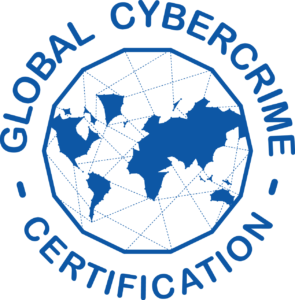 In 2014, the Training of Trainers (TOT) Project was funded by the European Union and managed by the Universidad Autónoma de Madrid to improve efficiency, cooperation and mutual understanding of the main actors involved in the fight against cybercrime: Law Enforcement Agencies (LEAs) and Prosecutors. One of the goals was to create a framework for the certification of European Cybercrime Investigators and Cybercrime European Prosecutors, to establish the basis for developing a group of professionals who can properly deal with transnational cybercrime problems.
In 2014, the Training of Trainers (TOT) Project was funded by the European Union and managed by the Universidad Autónoma de Madrid to improve efficiency, cooperation and mutual understanding of the main actors involved in the fight against cybercrime: Law Enforcement Agencies (LEAs) and Prosecutors. One of the goals was to create a framework for the certification of European Cybercrime Investigators and Cybercrime European Prosecutors, to establish the basis for developing a group of professionals who can properly deal with transnational cybercrime problems.
A 2017 European Parliament published resolution deplores the fact that currently, no EU standards for training and certification exist; acknowledges that future trends in cybercrime require an increasing level of expertise from practitioners; welcomes the fact that existing initiatives such as ECTEG, the Training of Trainers (TOT) Project and the training activities under the EU Policy Cycle framework are already paving the way towards addressing the expertise gap at EU level.
The Global Cybercrime Certification Project, funded by ECTEG, provided an opportunity to implement the work done in the TOT Project, creating an international certification framework based on the Training Competency Framework for Cybercrime (TCF) to enable Law Enforcement Agents and Judicial Authorities to develop their knowledge and skills and to enhance confidence within the criminal justice system of their jurisdiction, as well as international investigations.
As of 2025, based on the outcomes of the project activities and considering the EU policy guidance, the efforts are framed into the European Union’s approach to micro-credentials. ECTEG members from LEA and Academia, together with partners such as the European Commission and CEPOL, are invested in supporting the development, implementation and recognition of micro-credentials in the training and education received by LEA Authorities.